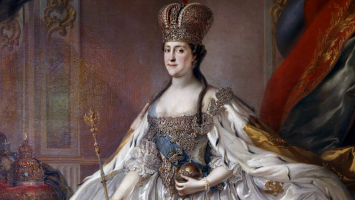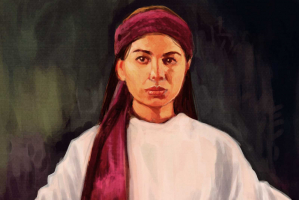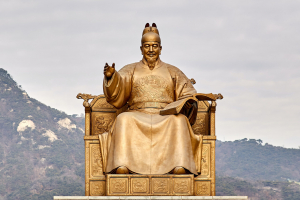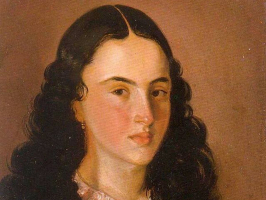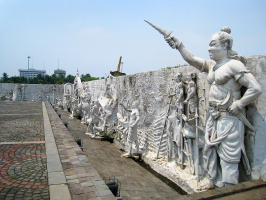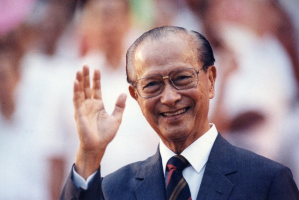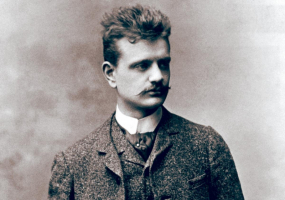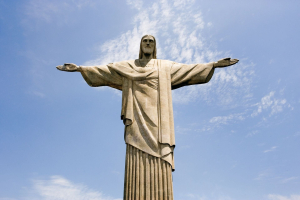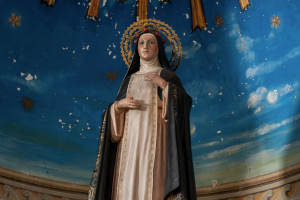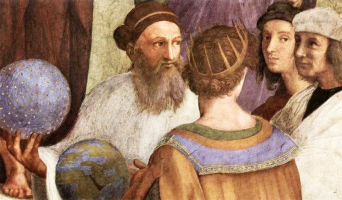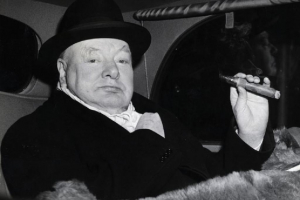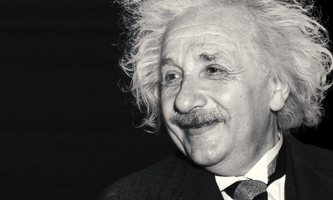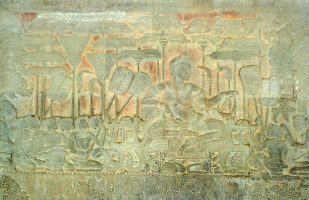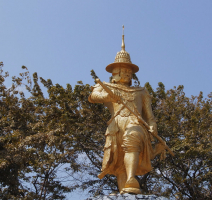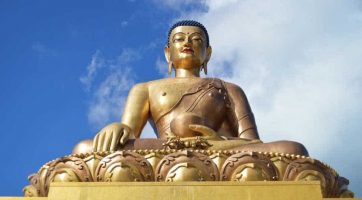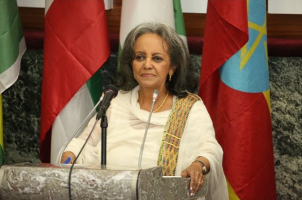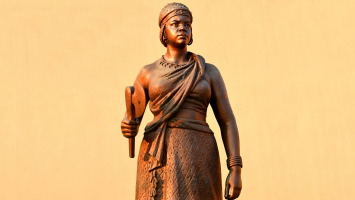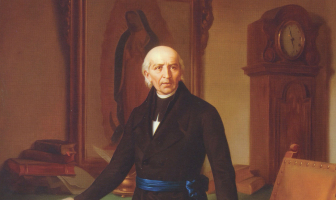Top 6 Most Important Historical Figures In Turkey
Turkey has played a significant role in world history because of its location at the intersection of Europe and Asia. The Turkish people have established a ... read more...reputation for their nation on the world stage. Toplist has put together a list of the most important historical figures in Turkey.
-
From 1520 until his death in 1566, Suleiman the Magnificent served as the Ottoman Empire's eleventh and longest-reigning Sultan. The Ottoman caliphate governed over at least 25 countries throughout his rule.
Suleiman rose to prominence as a ruler in 16th-century Europe, ruling during the height of the Ottoman Empire's dominance in terms of politics, economics, and the military. Before his conquests were halted at the siege of Vienna in 1529, Suleiman personally led Ottoman soldiers in capturing the Christian strongholds of Belgrade and Rhodes as well as the majority of Hungary. During his war with the Safavids, he seized significant portions of North Africa, extending as far west as Algeria, and much of the Middle East. The Ottoman fleet was in command of the seas from the Mediterranean to the Red Sea and across the Persian Gulf during his reign.
Suleiman personally implemented significant judicial changes pertaining to society, education, taxation, and criminal legislation while in charge of a growing empire. His reforms balanced the relationship between the two types of Ottoman law: sultanic (Kanun) and religious. He did this in collaboration with the empire's top judge, Ebussuud Efendi (Sharia). He was a renowned poet and goldsmith who also developed into a great patron of culture, guiding the Ottoman Empire's "Golden" age of artistic, intellectual, and architectural advancement.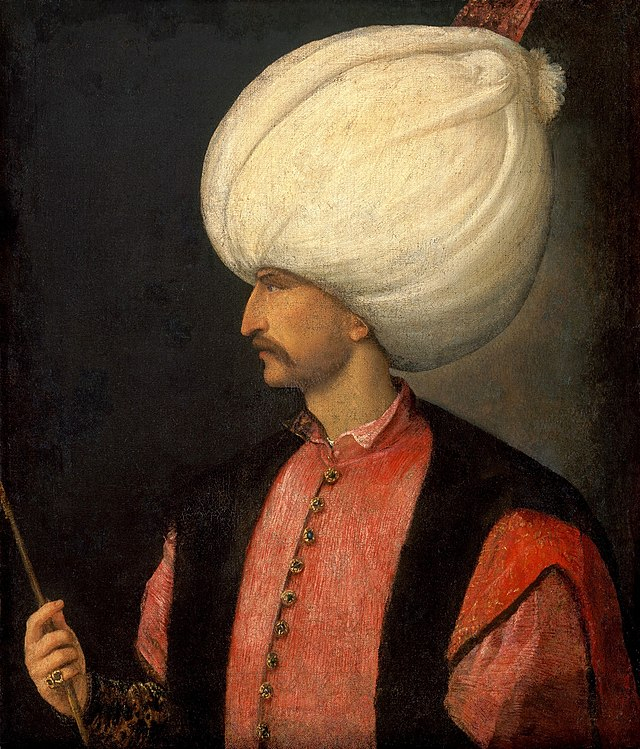
Photo: Wikipedia - Suleiman I 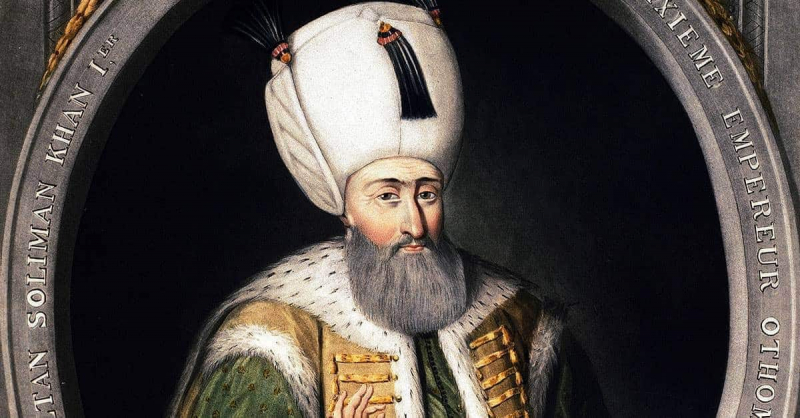
Photo: History Collection - Suleiman the Magnificent -
One of the most important historical figures in Turkey is marshal Mustafa Kemal Atatürk. Turkish field marshal Mustafa Kemal Atatürk served as the Republic of Turkey's first president from 1923 until his death in 1938. He was also an author, statesman, and revolutionary.
He implemented broad, progressive reforms that made Turkey a secular, developing country. His policies and sociopolitical beliefs, which were secularist and nationalist in ideology, came to be known as Kemalism. Atatürk is one of the most significant political figures of the 20th century due to his military and political achievements.
For his part in ensuring the Ottoman Turkish victory at the Battle of Gallipoli (1915) in World War I, Atatürk rose to notoriety. He was the leader of the Turkish National Movement, which fought against the partition of mainland Turkey among the victorious Allied countries after the Ottoman Empire was defeated and dissolved. He established a temporary government in the then-English-speaking Ankara, the capital of modern-day Turkey, and beat the Allied forces there, winning what is now known as the Turkish War of Independence. He then went on to declare the formation of the Turkish Republic in lieu of the decaying Ottoman Empire.
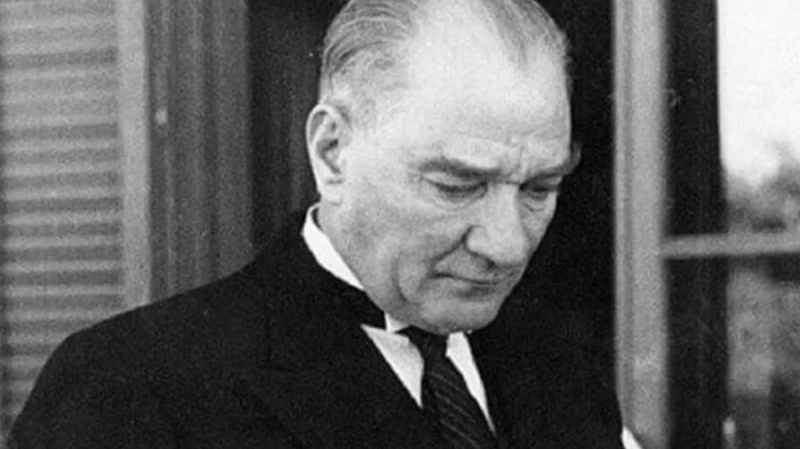
Photo: Redbubble - Mustafa Kemal Ataturk 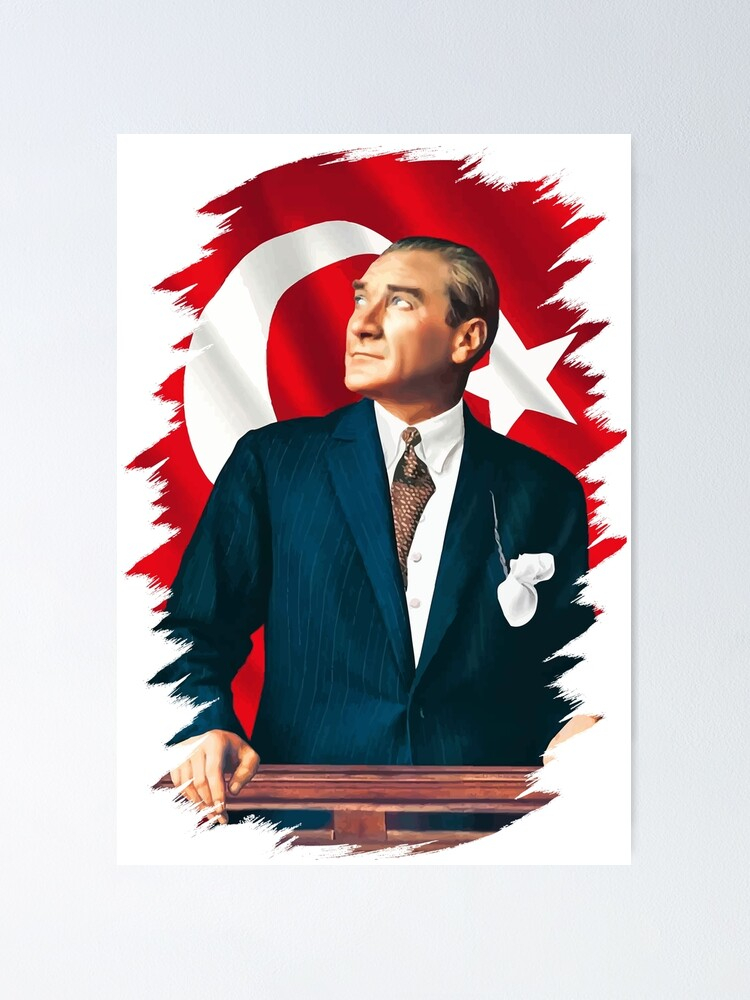
Photo: Redbubble - Mustafa Kemal Ataturk -
Aziz Sancar is a molecular biologist from Turkey who focuses on the circadian clock, cell cycle checkpoints, and DNA repair. Along with Tomas Lindahl and Paul L. Modrich, he shared the 2015 Nobel Prize in Chemistry for Chemistry for his mechanistic research on DNA repair. He produced innovations in his profession by studying photolyase and nucleotide excision repair in bacteria.
Sancar is a member of the UNC Lineberger Comprehensive Cancer Center and the Sarah Graham Kenan Professor of Biochemistry and Biophysics at the University of North Carolina School of Medicine. He is a co-founder of the non-profit Aziz & Gwen Sancar Foundation, which supports Turkish students studying in the US and promotes Turkish culture. Sancar is an honorary member of both the American Academy of Arts and Sciences and the Turkish Academy of Sciences.
Two genes, Period and Cryptochrome, Sancar and his research group have found, maintain the circadian clocks of all human cells in proper rhythm, synchronizing them to the 24 hours of the day and the seasons. On September 16, 2014, the Genes and Development journal released their findings. Sancar's study has established a thorough understanding of how human Circadian clocks function, which may be utilized to cure a variety of ailments and conditions like jet lag and seasonal affective disorder as well as to manage and improve a number of cancer treatments.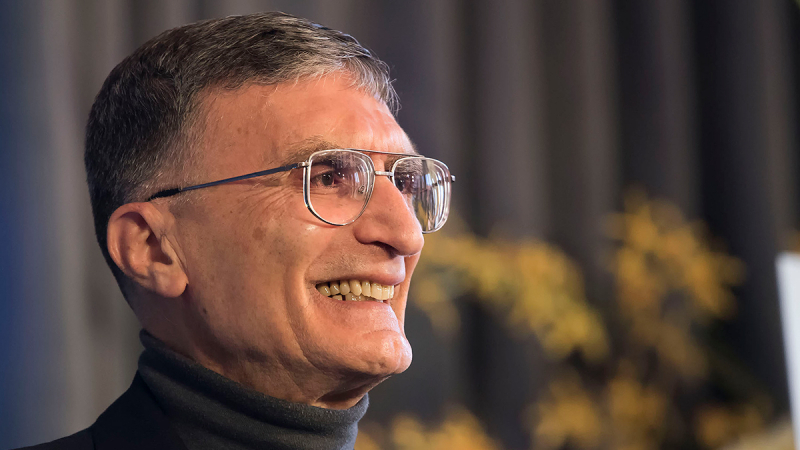
Photo: The University of North Carolina at Chapel Hill - Aziz Sancar 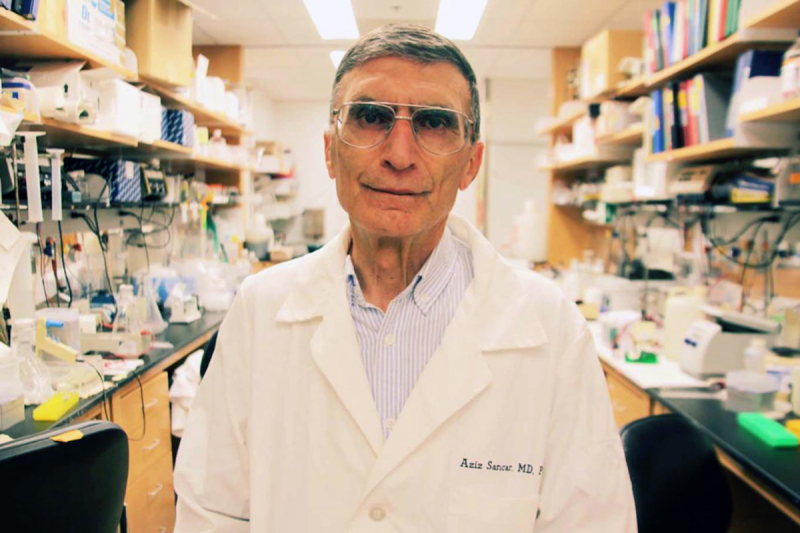
Photo: Fulbright - Prof. Dr. Aziz Sancar -
Recep Tayyip Erdoğan is a Turkish politician serving as the 12th and current president of Turkey since 2014. From 2003 to 2014, he was Turkey's prime minister. From 1994 to 1998, he was Istanbul's mayor. Prior to being forced to resign after being elected president in 2014, he created the Justice and Development Party (AKP) in 2001 and guided it to victory in the general elections of 2002, 2007, and 2011. Later, after the 2017 constitutional referendum, he rejoined the AKP leadership. He has supported socially conservative and populist initiatives during his administration while coming from an Islamist political background and identifying as a conservative democrat.
In order to get involved in politics, Erdoğan joined the National Turkish Student Union in 1976, which was an anti-communist organization. He was elevated to chair of the party's Istanbul youth chapter after taking the helm of the Beyolu branch of the Islamist National Salvation Party (MSP) in the same year.
He held this position until 1980, and in the years that followed the military takeover in 1980, when political parties were banned, he worked as a top executive and consultant in the private sector. The majority of Necmettin Erbakan's supporters joined the Islamist Welfare Party in 1983, and Erdoğan did the same. In 1984, he was elected to lead the party's Beyolu district, and in 1985, he was elected to lead the Istanbul city branch.
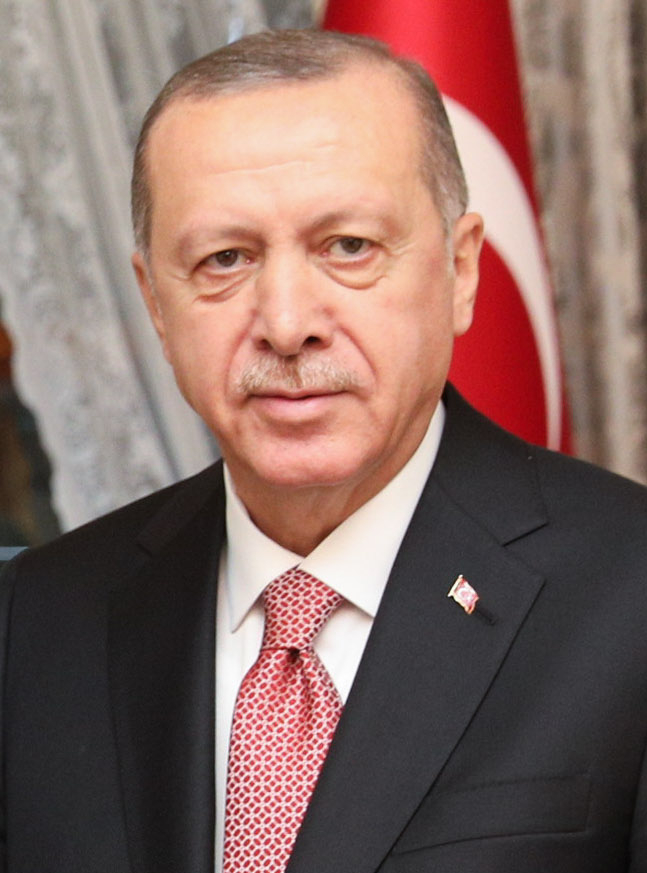
Photo: Wikipedia - Recep Tayyip Erdoğan 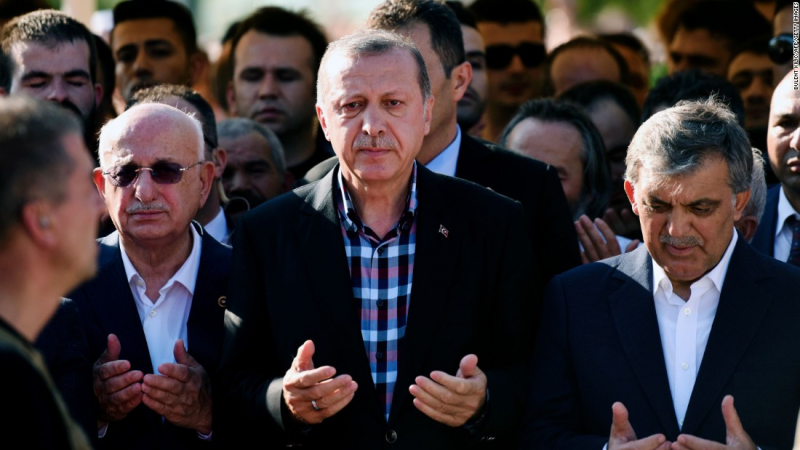
Photo: Diamond Celebrities -
Next, one of the most important historical figures in Turkey is Dilhan Eryurt.Turkish astronomer Dilhan Eryurt is well known for his significant contributions to science.
Eryurt's family first relocated to Istanbul not long after her birth in Zmir, and then to Ankara a few years later. She pursued her study at the Ankara Girls' High School after completing her elementary education there. She was really interested in mathematics in high school. She enrolled in the Department of Mathematics and Astronomy at Istanbul University after finishing high school for this reason. Throughout her time in college, she continued her love in astronomy. Her research has shed light on the birth and development of the Sun and other main-sequence stars. Before her scientific discoveries, these solar system truths were not known.
Erfurt served as a NASA employee from 1961 to 1973. She was a member of the group who investigated the Apollo program. She received the Apollo Achievement Award in 1969 for her assistance with the Apollo 11 mission's initial moon landing. Later, Dilhan established the department of astrophysics at Turkey's Middle East Technical University (METU). She then served as the school's first dean of the arts and sciences from 1988 to 1993.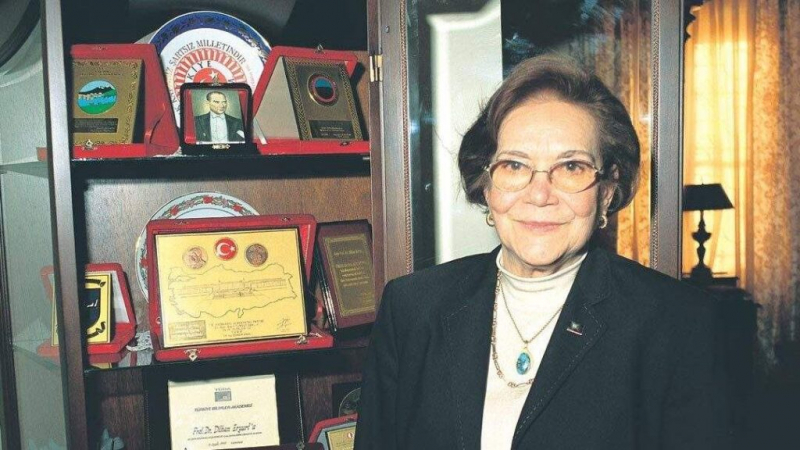
Photo: Astrobites - Dilhan Eryurt and the Formation of the Sun Video: Study Guides - Dilhan Eryurt -
As the first emperor of the Timurid dynasty, Timur was a Turco-Mongol conqueror who established the Timurid Empire in and close to present-day Afghanistan, Iran, and Central Asia. He is widely recognized as one of the finest military leaders and tacticians in history and is an unbeaten commander. Due to his interactions with thinkers like Ibn Khaldun, Hafez, and Hafiz-i Abru, as well as the introduction of the Timurid Renaissance during his reign, Timur is also regarded as a renowned patron of art and architecture.
From there, he led military campaigns against the Khans of the Golden Horde, the Mamluks of Egypt and Syria, the forming Ottoman Empire, and the defunct Delhi Sultanate of India. As a result, he became the most powerful tyrant in the Islamic world and conquered Western, South, and Central Asia, the Caucasus, and Southern Russia. He established the Timurid Empire as a result of these conquests, however this empire disintegrated long after his passing.
Timur was the last of the great nomadic Eurasian Steppe conquerors, and his kingdom paved the way for the development of the more organized and long-lasting Islamic gunpowder empires in the 16th and 17th centuries. Although he was likely not Genghis Khan's direct descendent on either side, Timur was of both Turkic and Mongol origin. Some scholars have even speculated that Timur's mother might have been a descendant of Khan. Invoking the legacy of the latter's victories during his lifetime was his goal. According to Gérard Chaliand, Timur considered himself as Genghis Khan's heir and had visions of Genghis Khan's (1227–1227) Mongol Empire being restored.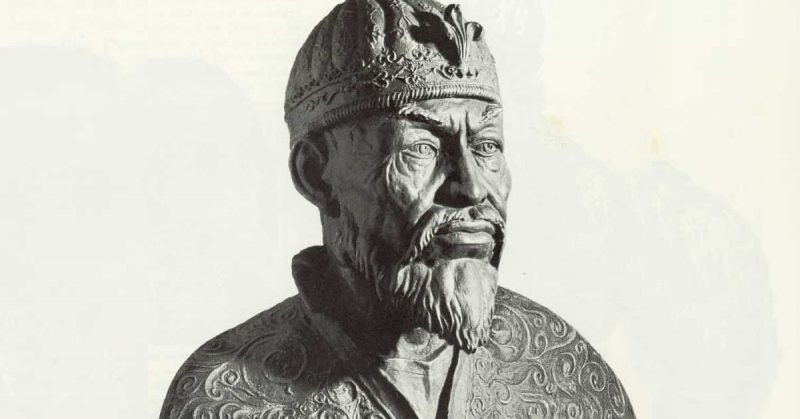
Photo: Wikipedia - Timur Video: StudyIQ IAS - Biography of Timur








